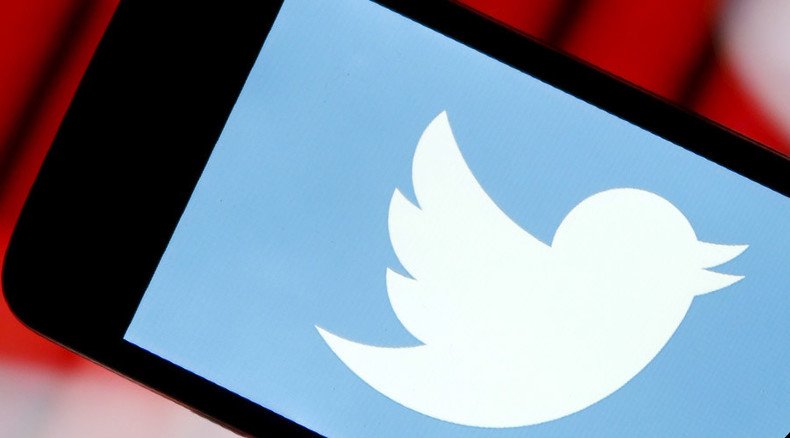Sites saving deleted tweets of politicians from 30 countries blocked by Twitter

In a blow to government transparency, Twitter, the social media network, has shut down websites which tracked politicians from 30 countries by preserving their deleted tweets. Government watchdog groups said the move erases the public record.
Twitter said it banned the tool after “thoughtful internal deliberation.”
“Imagine how nerve-racking – terrifying, even – tweeting would be if it was immutable and irrevocable?” Twitter told the Open State Foundation, a Netherlands-based digital transparency advocacy group that helped create the websites in question, in a statement.
READ MORE: Reddit CEO Ellen Pao resigns following community uprising
“No one user is more deserving of that ability than another. Indeed deleting a tweet is an expression of the user’s voice.”
The websites, called Politiwoops and Diplotwoops, had been created by the government watchdog groups Open State Foundation and US-based Sunlight Foundation using Twitter’s own application programming interface with the company’s approval. The groups collected tweets from diplomats, members of the European Parliament, and the Vatican, including politicians from 30 countries.
Destroy the evidence: Twitter has killed off Politwoops, Diplotwoops for holding politicians to account/ @robaepricehttp://t.co/DOWn0PoCTZ
— Liquid Newsroom (@StKonrath) August 24, 2015Twitter had supported the creation of the Sunlight Foundation’s Politwoops site in 2012, but shut it down in June under the guise of “honoring the expectation of user privacy.” Government watchdog groups, however, are alarmed at the development.
“What elected politicians publicly say is a matter of public record,” said Arjan El Fassed, director of the Open State Foundation, in a statement.
READ MORE: UN says encryption vital to free speech, calls on US govt to end 'backdoor' push
“Even when tweets are deleted, it’s part of the parliamentary history. These tweets were once posted and later deleted. What politicians say in public should be available to anyone.”
The Open State Foundation said it will continue to explore and engage with others to keep public messages made by elected politicians visible.












